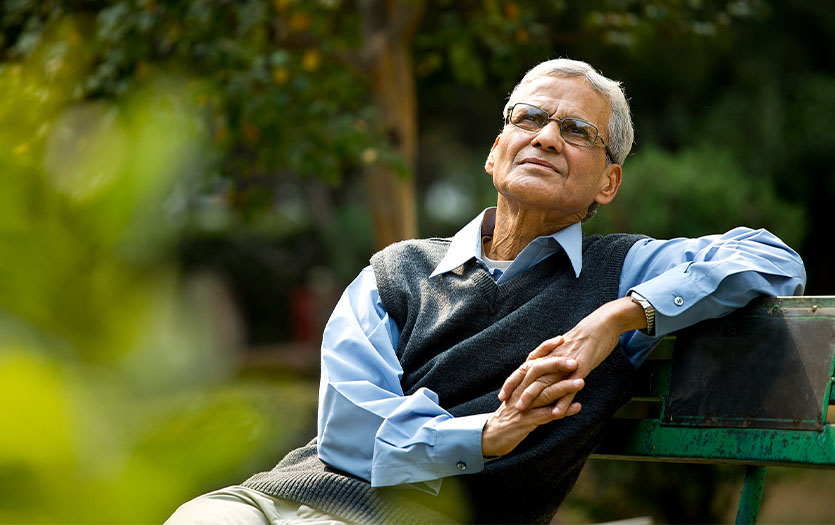Enjoy this monthly post by Patrick Riecke, director, Chaplaincy & Volunteer Services.
Sometimes people can portray medical situations as “God vs. the doctors”.
Sometimes, people of faith can feel at odds with the clinical team. They may say things like:
“The doctors don’t have the final word.”
“God will decide when I am going to die, not the doctors.”
“People all over the planet are praying for my dad. I know that prognosis can’t be true.”
While these feelings can be genuine, they can lead to a dangerous dichotomy. For a long time, some people have felt tension between faith and medicine—religion and science. It can seem as if it’s some kind of competition where only one (the doctor or God) can win.
But when we are gathered around a hospital bed, painting the situation as God vs. the Doctors really doesn’t help anyone.
I’ve met some people who think that most physicians are anti-faith, or even atheists. Of course, that’s not true. A 2005 study discovered that doctors in the United States are people of faith at a rate that is nearly identical to the rest of the population [i] My suspicion is that’s also the case in most other countries.
When a doctor tells you that he or she thinks you are going to die—they hope they are wrong, too.

Doctors don’t wish for patients to die.
Quite the contrary.
The greatest fear for many physicians is the death of a patient. Dr. Atul Gawande is quite vulnerable on this point in his book, “Being Mortal”. Physicians usually err on the side of doing too much to save a person’s life, and being too optimistic, not the other way around. Estimates of patient survival given by physicians (“you have six months to live”) are usually heavily influenced by the optimism of the physician.
In one study, researchers discovered that while the physicians’ prediction of survival (of cancer patients) averaged 42 days, actual survival averaged only 29 days.[ii] That means that the physicians were holding out more hope than warranted, not less.
Many believe this overestimation of survival is the result of the emotional struggle many physicians feel when discussing patients’ prognosis with them. Imagine having to be the person who comes into a room and tells a family that their loved one is going to die in less than a year, or less than a month. Naturally, physicians shy away from this harsh reality.
The point is this—no matter the faith, the people skills, the tone, the education, or anything else—the doctor wants the best possible outcome for every patient in every situation. They are hard-wired to want this so much that they usually cannot bring themselves to admit how long (or short) they actually think you will live.
It does not help anyone to paint the situation as God vs. the Doctors. If I am a patient in a hospital bed with a scary diagnosis or injury, I need to feel that everyone is on my side—my family, my faith community, and my clinical care team.
Patients, friends, family, people from the faith community, can certainly have important dialogue with the healthcare team. But should be careful not to describe the situation as a competition between God and the care team.



